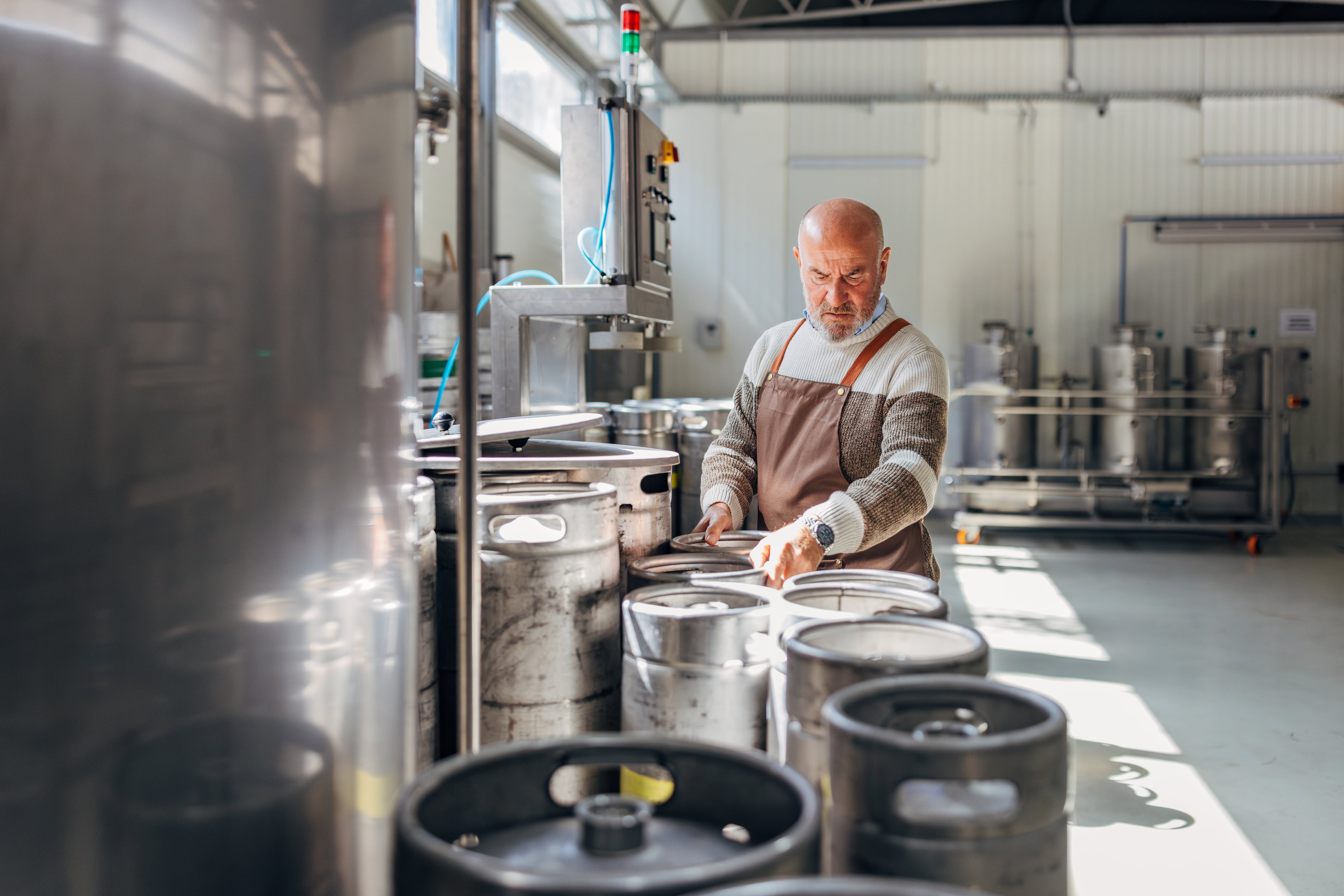Previous research from Avani Solutions found pubs lost significant amounts of money due to beer wastage.
Operators have reported ways in which they are tackling beer wastage issues after research indicated that of 2bn pints poured per year in the UK, 43% of those suffer from waste. This equated to 860m pints affected by beer waste each year.
Ways to minimise waste
The Morning Advertiser (MA) heard from Phoenix Arts Club managing director Peter Dunbar, who explained he has implemented a new system at his site, in order to combat beer wastage.
“We don’t have much beer wastage here to be honest, but that’s only because we saw a decline in niche beer sales and decided to reduce our offering (which does affect customers as they don’t have as much choice as they did before).”
“The indie brands, especially IPA’s (both UK and USA made) completely dropped off, so we reduced our offering down from eight beers to six.”
Touching on keeping stock levels maintained and reducing waste, he added: “On the plus side though, we signed with Brew + Press back in 2023 and have seen a 90%+ drop-off in beer wastage because of their fantastic ‘Cellar Plus’ system which ensures the lines are water insulated from cellar to tap.”
“We also monitor our sales levels through their tech-savvy system so know exactly how many kegs to order which keeps the stock levels under control and reduces potential wastage further.”
The Dog at Wingham owner and operator, Marc Bridgen explained he felt navigating beer wastage came down to key elements such as training staff properly and appropriate cellar management, describing any issues with waste as simply, “the nature of the beast”.
“Any particular pubs that are serving draught and cast beers and ales want to keep their waste to a bare minimum. There are always multiple reasons for that. It is the nature of the beast really that you may have problems.
“The main thing I think for ensuring you minimise waste and something we try and do here is ensuring it is stored correctly, minimising fobbing from taps and cleaning our lines. Training staff is also really important and keeping the right temperature in the cellar and generally looking after your products properly.”
“The better you keep your beer the better you keep your cellar and the better your product is overall. This will all allow for minimising waste”
Fundamental issues
He also explained he often wondered how larger scale companies cope with waste issues: “Sometimes I walk into places like and wonder how serious their waste issue must be. Ultimately, if you keep on top of your product and make sure you are handling things correctly and doing the right checks, waste issues shouldn’t be a huge issue.”
Avani Solutions managing director Amanda Thompson, previously warned against the impact of beer wastage.
She said: “Through our experience of working with draught beer dispense systems, and by the independent research we’ve conducted across licensed UK hospitality venues of all sizes from village pubs to licensed retail groups, we have identified that approximately 43% of pints poured suffer from wastage.”
“Do the maths and it’s an incredible amount of beer and over £200m in revenue that is literally being poured away.”
Cheshire Cat Pubs & Inns co-owner, Tim Bird also shared his thoughts on wastage issues. Touching on ways in which he has mitigated waste, he added: “It isn’t a huge problem we face thankfully. We use beer for cooking so our daily ‘pull through’ on our ales goes to the dishes involving ale in the cooking.”
“We have no adverse variance year on year as our ale is all local within a 35-mile radius of each pub. Selling local ale means it is fresher, very recently brewed, we can order in pins as well as firkins and kilderkins if we wish.”
Bird explained he felt there was “no excuse” for beer waste. Sharing a similar view with Marc Bridgen, he emphasised that training was a key component in ensuring waste levels are kept at a minimum.
He said: “Local ale is the most sustainable pint on the bar and the best priced so there is no excuse for any waste at all. Training and through put are key.”
“I would say anyone wasting beer has a fundamental beer/ale turnover issue coupled with a lack of flexibility on what they can order. There is really no excuse for waste beer if a pub is operating well.”



